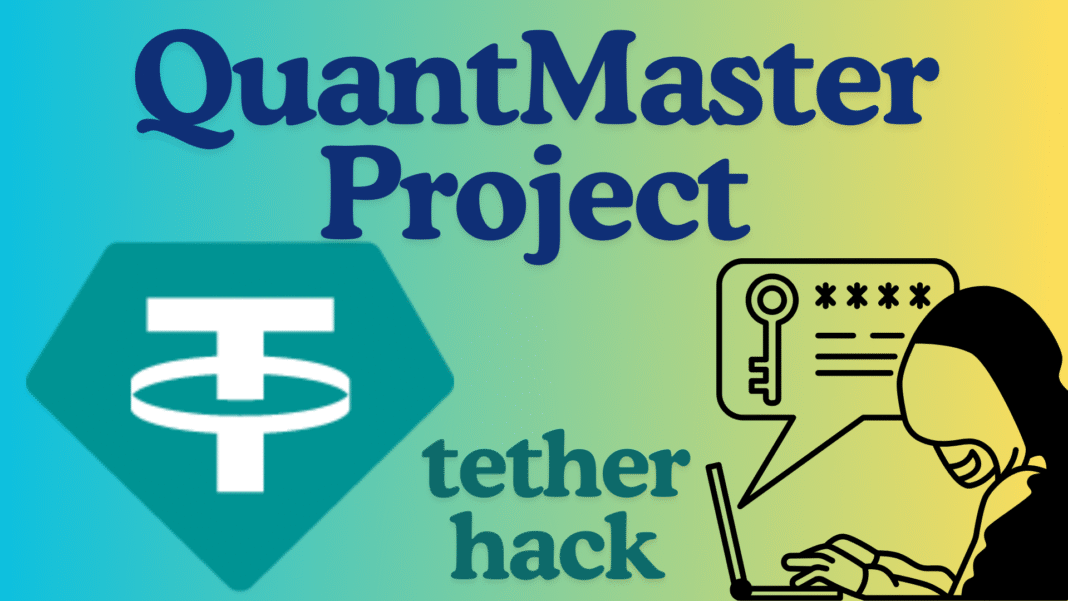The QuantMaster project has fallen victim to a significant security breach after an internal employee maliciously altered its smart contract, resulting in the theft of hundreds of thousands of dollars worth of USDT.
According to disclosures from prominent community member Cat and project developer Thomson, suspicious activity was detected within QuantMaster’s systems, triggering an immediate investigation.
Upon reviewing the recent code submissions, investigators uncovered that a malicious wallet address had been deliberately hard-coded into the project’s infrastructure.
The breach highlights the increasing threat of insider attacks within the crypto industry, especially for projects that rely heavily on trust and internal oversight.
Employee’s False Defense Debunked by Blockchain Security Experts
Tracing the breach back to its origin, the QuantMaster team discovered that an internal developer had submitted the compromised code via the project’s Git repository.
Initially, the implicated employee attempted to deflect blame, alleging that the address insertion was an error caused by an AI coding tool.
However, Yu Xian, the founder of the blockchain security firm SlowMist, swiftly refuted these claims, explaining that the malicious address lacked the typical randomization patterns found in AI-generated content.
Instead, the address appeared to be deliberately and manually inserted, exposing a premeditated attempt to siphon funds from the project.
The revelation has intensified scrutiny over the project’s internal security measures and raised wider concerns about insider vulnerabilities across the crypto sector.
Investigation Tightens Around the Suspect, Revealing Clear Evidence
In the aftermath of the breach, the QuantMaster team acted quickly, reporting the incident to relevant authorities and launching a full internal investigation.
Officials revealed that concrete evidence, including tampered equipment and incriminating digital records, has been collected against the implicated employee.
Sources close to the investigation indicated that the evidence overwhelmingly points toward deliberate sabotage rather than a coding mishap.
The QuantMaster case serves as a stark reminder that while external threats like hackers often dominate headlines, internal threats from trusted individuals can be equally, if not more, damaging to blockchain projects and crypto startups.
Also Read: Tether Freezes $27 Million USDT Owned By Garantex Exchange Amid Russian Sanction
Wider Context: Tether’s Response to Increasing Crypto Scams
The QuantMaster hack comes against a backdrop of broader concerns regarding illicit activity within the USDT ecosystem.
Recently, Tether froze three wallets containing a total of $870,000 USDT linked to scam-related operations, including phishing and pig butchering schemes identified by MistTrack forensic teams.
In a separate action, Tether also froze approximately $28.7 million USDT on the TRON network due to suspicions of criminal activity.
Meanwhile, in China, nine individuals were sentenced to prison for orchestrating a $6 million USDT fraud targeting over 66,800 Indian victims.
These cases underscore the growing need for tighter security protocols, faster responses to scams, and stronger regulatory oversight in the rapidly evolving digital asset landscape.
Also Read: Tether Freezes 11 Million USDT Amid Concerns of Crypto Phishing Scams


